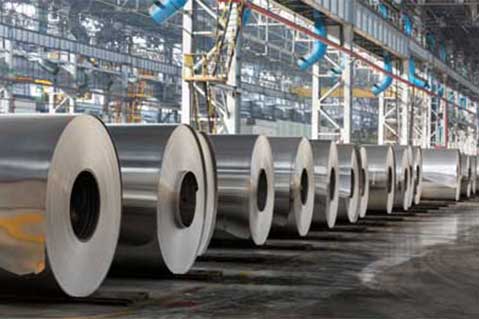News January 24, 2017
Study: Manufacturing Job Losses More About Productivity Gains Than Outsourcing
President Donald Trump focused a large part of his campaign on the fragile state of American manufacturing, vowing to bring those lost jobs back stateside. However, a new study suggests that outsourcing accounts for only a small fraction of the 5 million manufacturing job cuts in the past 16 years.

The “2016 Manufacturing and Logistics Report Card,” conducted by Ball State University’s Center for Business and Economic Research (CBER) and private sector-led initiative Conexus Indiana, found that only 4% of manufacturing jobs have been lost to international trade since 2000. An overwhelming amount of cuts (87%) are due to productivity gains, including better supply chains, more capital investment and advanced technology, the study found. Low productivity sectors with low transportation costs have been hit the hardest.
“There are major misunderstandings among the public and the media about the manufacturing sector,” Michael Hicks, CBER director and the George and Frances Ball Distinguished Professor of Economics at Ball State, said in a press release. “The U.S. manufacturing base is not in decline, and we have recovered from the recession. Nor are jobs being outsourced because American manufacturing can’t compete internationally. Moreover new jobs in manufacturing pay well above the average wage.”
The study also found that 750,000 manufacturing jobs have been added since the end of the Great Recession. As baby boomers retire, millennials are filling their spots at an unprecedented rate. Recent new hire salaries average almost $42,000 a year.
“Overall, only 13% of lost jobs over the past decade, which are less than 4% of all manufacturing jobs, can be linked to international trade, and most of trade-related job losses are in low productivity sectors,” Hicks said. “Changes in productivity, domestic demand and foreign trade all impact manufacturing employment in the U.S., and it’s important to clarify those impacts in order to understand what is happening in the manufacturing and logistics industries.”
Trump has consistently targeted globalization and free trade as domestic job killers, pledging to rip up the North American Free Trade Agreement (NAFTA). CNN recently reported that Trump’s transition team is discussing a proposal to impose tariffs as high as 10% on imported goods in an effort to boost Made-in-America manufacturing.
